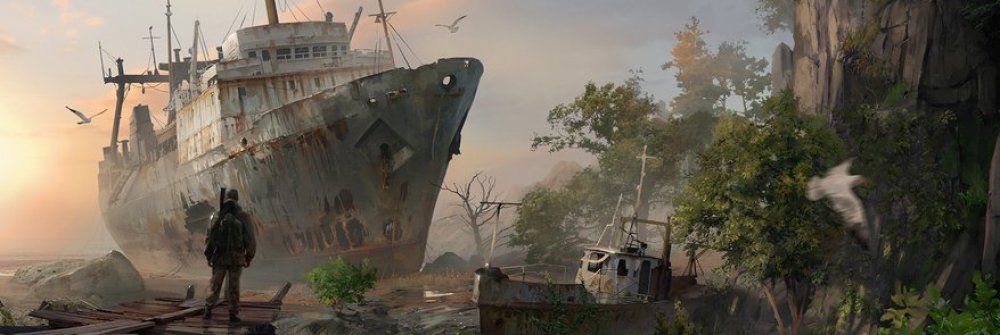I am in no way a sports guy, so for me to link to an article from ESPN must be an indication that there is something interesting going o. And, indeed, there is…
The TL;DR version is this: even though chess is the least apparently physically taxing sport since competitive napping, the studies show that the stress, mental load, and related stresses cause your body to lose weight the same as if you were engaged in heavy sports.
What this means for survivalists is that the people who stress about long-term food being loaded with fat, salt, and calories that you don’t need when all you’re doing is sitting in a fallout shelter waiting for the rads to go down are missing a point. And in a crisis, the severe stress and mental taxation that you will be subject to will take a toll on yourbody even if you’re just sitting around a battery radio in the dark as the city crumbles around you.
Read the article and substitute ‘chess’ for ‘disasters’ and you’ll see how this affects you and I.
Grandmasterssurvivalists incompetitiondisasters are subjected to a constant torrent of mental stress. That stress, in turn, causes their heart rates to increase, which, in turn, forces their bodies to produce more energy to, in turn, produce more oxygen. It is, according to Marcus Raichle, a neurologist at Washington University in St. Louis, and Philip Cryer, a metabolism expert at the school, a vicious, destructive cycle.Meanwhile,
playerssurvivalists also eat less duringtournamentsdisasters, simply because they don’t have the time or the appetite. “The simple explanation is when they’re thinking aboutchessdisasters, they’re not thinking about food,” says Ewan C. McNay, assistant professor of psychology in the behavioral neuroscience program at the University of Albany.Stress also leads to altered — and disturbed — sleep patterns, which in turn cause more fatigue — and can lead to more weight loss. A brain operating on less sleep, even by just one hour, Kasimdzhanov notes, requires more energy to stay awake during the chess game. Some
grandmasterssurvivalists report dreaming aboutchessdisasters, agonizing over what they could have done differently for hours in their sleep, and waking up exhausted.
Sound familiar?
Continue reading the article and read what these people do to maintain mental acuity under these conditions of heightened stress. Big exam coming up? Strategy session with your department chairs? Making long-range plans for your familys survival? You’ll need your brain in peak performance so you might want to read what these guys do to their diets, exercise patterns, the way they breathe, and even the way they sit in order to maximize brainpower for “the ultimate test of cerebral fitness.”
I’ve noticed that when I need stone-cold clear-headed maximum-brainpower I get best results if I exercise to get the blood flowing and don’t eat for several hours beforehand. The ability to think clearly and efficiently is probably the most useful talent for someone who plans on making their way through the crapstorm that life tends to hurl at us once in a while. Optimizing your body to allow you to ‘think better’ may be one of the better tricks you can have up your sleeve.

More “experts” that don’t know what they’re talking about-produce more energy to produce more oxygen- freshman biology fail. In aerobic metabolism you take in more oxygen to convert glucose(the brain only uses glucose) to energy. Yes chess is a very demanding GAME but the chess club may not be the pinnacle survivors in what will be a physically demanding situation.
There has been an uptick in the whole intermittent fasting for men’s heallth…Indeed, appetite does fall away in travail. I suspect the brain knows it will need all the blood for thinking and the stomach can sod off for awhile.
Wasn’t there some guy who ate the survival calories only to find them woefully short for perimeter patrol sort of activity vs. huddled in the dark? I have always planned for no protein within miles…just in case. Because when the brain gives the go ahead those better be some decent calories.
THere have been a few people in the blogosphere, that I am aware of, who have tried living on ‘survival rations’ to see what happens. Appetite fatigue sets in fast and everyone either loses interest, loses weight, or both.
I do love your Murray Head reference. It shows very good taste. 🙂
UBAZ